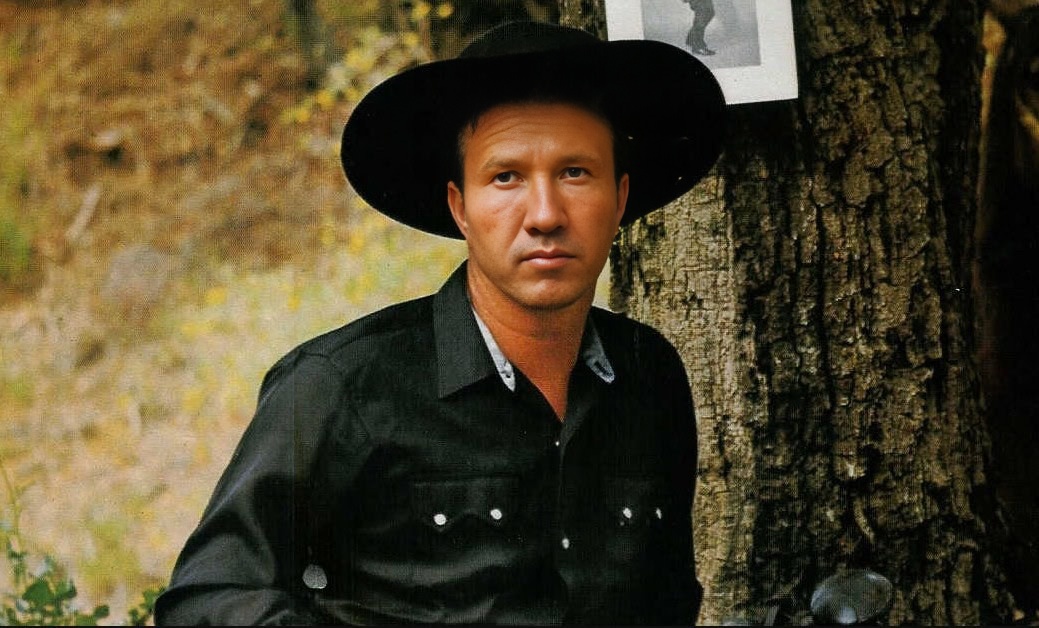
Marty Robbins, a country music legend, was a multifaceted artist known for his smooth baritone voice, songwriting prowess, and eclectic musical interests. Born in 1925, he rose to fame in the 1950s, becoming a mainstay on the Billboard charts with hits like “A White Sport Coat (And a Pink Carnation)” and “El Paso,” the latter winning him a Grammy Award for Best Country & Western Recording in 1960. Robbins was inducted into the Country Music Hall of Fame in 1982, solidifying his enduring legacy.
Among his vast catalog of songs, “The Master’s Call,” released in 1959, stands out as a particularly poignant and spiritually charged piece. This heartfelt ballad tells the story of a lonely and weary cowboy who hears the voice of God calling him to a higher purpose. The lyrics detail the cowboy’s internal struggle as he grapples with his earthly desires and the allure of the divine call, ultimately choosing to leave behind his former life and embrace a new path.
The song’s meaning resonates deeply with themes of faith, redemption, and the search for meaning in life. It explores the idea that even those who feel lost or unworthy can find solace and purpose through spiritual awakening. The narrative’s simplicity and Robbins’ emotive delivery contribute to the song’s enduring appeal.
“The Master’s Call” garnered significant attention upon its release, captivating audiences with its sincere message and Robbins’ powerful performance. While it may not have topped the mainstream charts like some of his other hits, it became a beloved track for many listeners, particularly within religious and country music communities. Audience feedback often praised its spiritual depth, evocative storytelling, and Robbins’ ability to convey genuine emotion through his singing. The song continues to be appreciated for its timeless message of hope and the possibility of transformation.